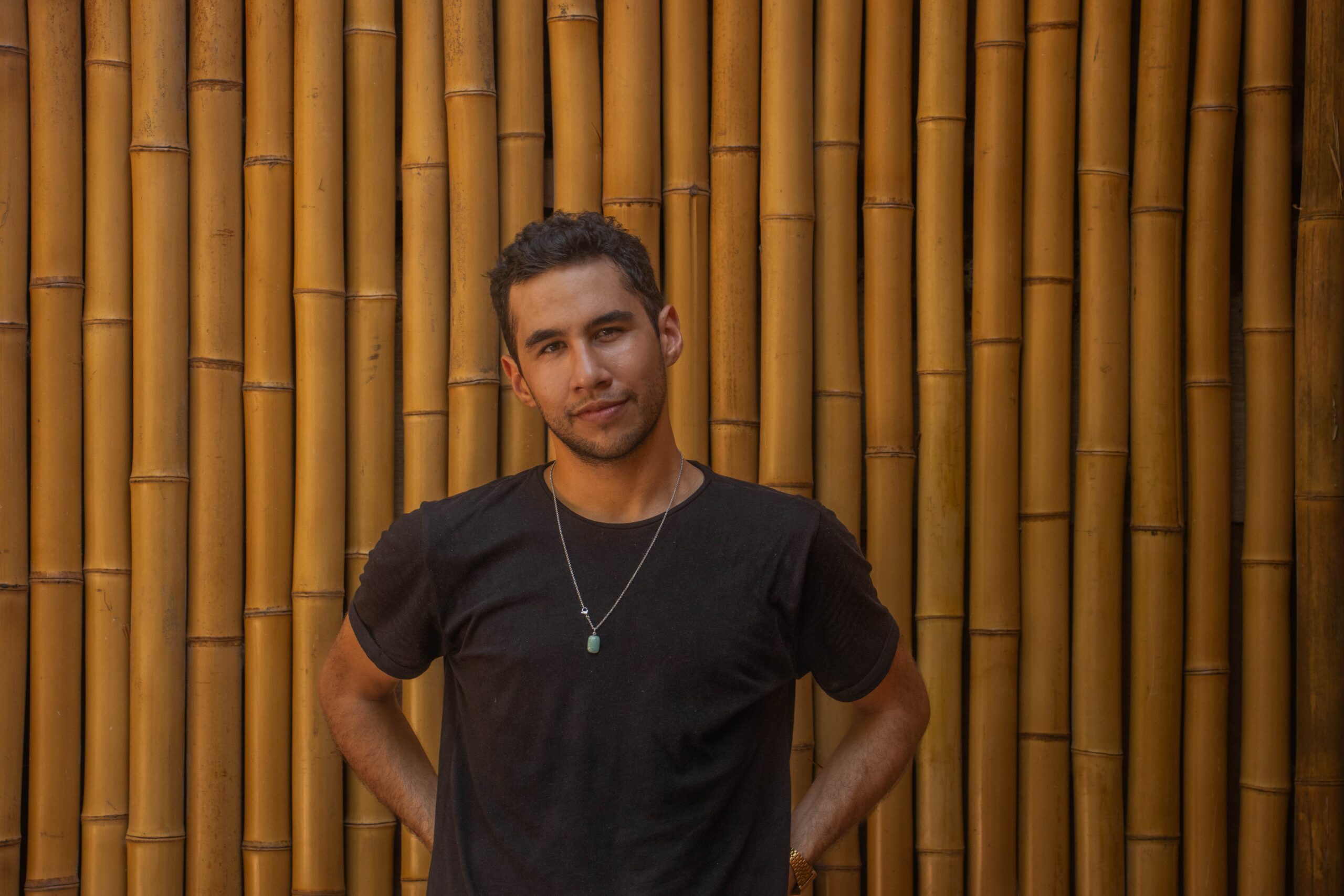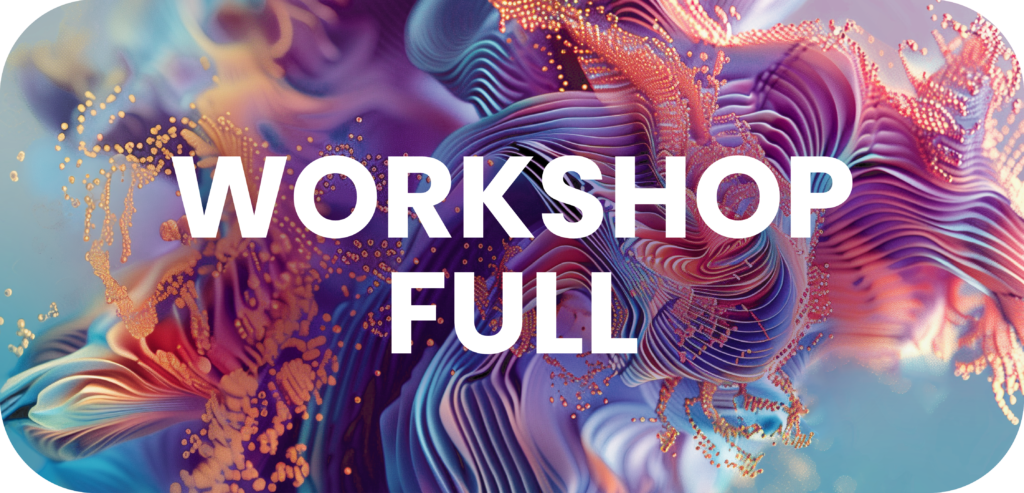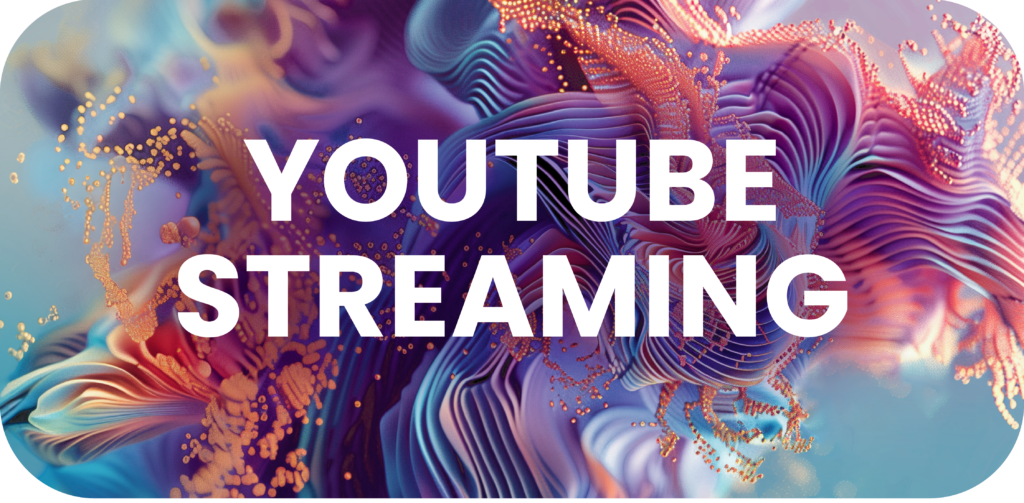Nature Abstractions: A digital approach to the natural world using grasshopper
Instructors: Daniel Panameño Corvera
Dates: 24 July – 28 July / 14:00 – 17:00 EST
Themes: Computational Design, Bio Design, Theory
Software: Rhino 7, Grasshopper (plugins: Pufferfish), GHPython
Number of Students: 50
Workshop registration open until filled

Description:
We can learn a lot from nature. My name is Daniel Panameño, and for the last few years, I have specialized in computational design applied to bamboo architecture. During this time, I have understood the potential of bio-design applied to architecture, design, art, and more. For some time, I have been working on a personal project called Coding Nature aka Nature Abstractions, where by observing patterns, shapes, and functions found in nature’s geometries, I aim to generate abstractions that are incorporated into Grasshopper and GhPython codes to enrich the design processes. The workshop aims to teach participants to develop abstraction skills to incorporate into their own design styles, understanding the importance of each process using nature analysis, pseudo-code, Grasshopper/GhPython code, and visualizing iterations. The goal is to create a speculative design workshop that strengthens the creative processes during the computational design stages. Activities will include: 1. Tips for analyzing nature 2. The importance of sketching and pseudo-code 3. Creative mindset during programming (Grasshopper/GhPython) 4. Visualization of results



Learning Objectives :
In this workshop, we’ll work with a personal project of mine called Nature Abstractions, which is based on biomorphism.
The idea is to understand how, through observation of the natural environment, we can abstract patterns and behaviors to apply to our designs. To achieve this, we’ll examine some of the case studies I’ve been working on and introduce you to some tools that you can apply to your own projects.
We won’t be using many plugins; instead, we’ll focus on native Grasshopper components and delve deeply into list manipulation. Therefore, it’s important to have some experience with Grasshopper. We’ll also work with some simple algorithms in GhPython. Previous experience with GhPython would be useful but is not mandatory.
To summarize, this workshop will focus on learning from nature and being creative while doing so to strengthen the creative processes during the computational design stages.
Collaboration is essential. On day one, we’ll introduce the cohort, the workshop, and the tutor. I’ll discuss my approach to creating case studies and the importance of abstraction. We’ll also review the overall objectives of the workshop.
The following three days will be highly practical. We’ll explore each case study, understand the observations and abstractions involved, and work on the code to implement them.
At the end of the fourth session, we’ll have a wrap-up session where we’ll share comments on the workshop.
At the end of the workshop, participants will need to submit iterations of at least one of the manipulated codes.


Detailed Schedule :
Day 1: 07/24 | 18:00 – 20:00 EST | Introduction
Day 2: 07/25 | 18:00 – 20:00 EST | Exercise: Patterns
Day 3: 07/26 | 09:00 – 12:00 EST | Exercise: Grow
Day 4: 07/27 | 09:00 – 12:00 EST | Exercise: Spiral // Workshop closing session

Daniel Panameño Corvera :
aniel Panameño Corvera is an architect graduated from the Universidad Iberoamericana in Mexico City, with studies in photography from La Academia de Artes Visuales. In recent years, he has specialized in developing environmentally-focused projects using computational design tools such as Rhino and Grasshopper. He has worked with the design studios Bambuterra and Arquitectura Mixta and has participated in design and construction workshops with Raíz Arquitectura and Programming with Python by the Tecnológico de Monterrey. He is currently based in Bacalar, working as Design Manager in Jaime Peña Studio.
Daniel was a tutor at the Digital Futures 2023 event with the workshop titled “Algoritmos para el diseño con bambú inspirado en la naturaleza.” Additionally, he has been selected by the Biomimicry Institute to be part of the 2024 Launchpad program.


